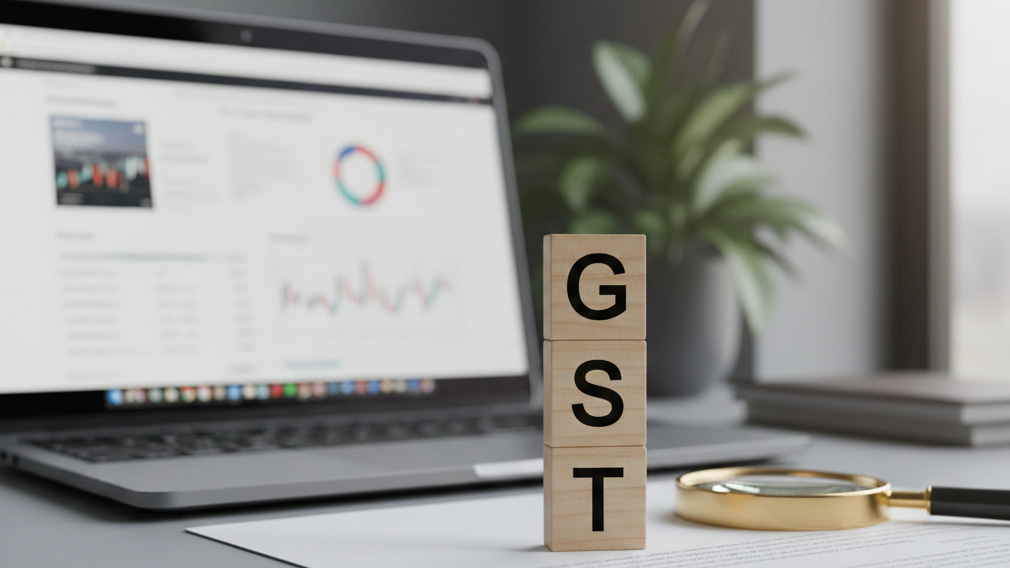




Most of us would have seen or heard the word “shares” pop up in discussions about business and the like. But even if you don’t know what the word means, likely, most of us won’t ask about it. If this is you, you’ve come to the right place – this article goes through everything you will need to know about shares and their classes in Singapore.
Simply put, shares represent the ownership of a company. Shares give you rights and obligations to the shareholder in return for investing in the company. The shareholder does not have any legal or beneficial interest in the company’s property, since a fundamental principle of company law is that the company is a separate legal entity.
When you own a share, you are entitled to participate according to the terms of the company’s constitutional documents for as long as the company is around. If the company winds up, you are entitled to participate in the assets of the company.
Shareholders can own shares at any point in time. Ownership of shares is also represented by share certificates that are issued to them.
The rights that you get from shares may vary from shareholder to shareholder. Most companies in Singapore only issue ordinary shares, but the law also allows companies to release and create different types of shares as well.
Shares allow you to attend general meetings and vote. Most ordinary shares carry one vote per share, but there may be other shares that carry non-voting rights, additional voting rights, or even restricted voting rights.
Your shares also give you a share in the company’s profits, which are distributed by paying a dividend on each share. Dividends are paid if the company has made profits and to the extent that it decides to distribute them. It is common now for a company’s Article of Association to show that the company’s shares are divided into different classes and for shareholders to be able to vary the dividends allocated to these classes.
If the company winds up, your share will give you a final distribution. Shareholders are entitled to any remaining assets after all debts and costs from the company are cleared. Generally, residual assets are divided among the members in proportion to their respective interests in the company’s share capital.
If there are shares in different classes, the company’s Articles may provide for some shares to be given a priority in the distribution of residual assets.
You will see share classes more commonly in public limited companies, but it is not uncommon for private limited companies to issue shares of different classes, especially as it does well. This is so that they can accommodate the needs of different shareholders.
For example, a private limited company might vary the dividends payable to different shareholders, to create non-voting shares for family members, or redeemable preference shares for employees.
Singaporean law is flexible when it comes to the creation of share classes and there are no restrictions on issuing shares with different rights. Share class can be referred to by any name. They also do not have any legal definition, so their associated rights will have to be clearly defined in the Constitution or Resolution that creates the particular class of shares.
Here are some common share classes and their attached rights:
Ordinary shares entitle holders to (a) one vote per share, (b) participate equally in dividends, (c) a share in the surplus capital if the company winds up.
Non-voting shares carry no right to attend general meetings or vote. Preference shares are often non-voting. These shares are often issued to the company’s employees or the family members of the main shareholders.
Redeemable shares are issued on the terms that the company will or may buy them back at a future date. Holders of these shares have a right to repayment from the company.
Preference shares have preferential rights over ordinary shares, usually in respect of dividends. They may also be given priority on return of capital on winding-up. As mentioned previously, they are non-voting and can be redeemable.
Deferred ordinary shares are shares on which no dividend is paid until other classes have received a minimum payment.
Management shares carry extra voting rights to enable certain shareholders to retain control of the company. They are often used to allow the company’s founders to retain control after additional shares have been issued to investors.
“Alphabet shares” are ordinary shares that are classified by alphabet (eg. Class A, Class B, Class C etc.). This is so they can create small differences between the shareholders or divide certain rights between shareholders.
Though most startups tend to give shareholders an equal bundle of rights per share, you are free to be flexible with the issuing of your shares as well, depending on your company’s management and profits. Investment-seeking companies and startups that are not raising outside money at the start may find it better to establish an equity framework that accommodates investment later and communicates a certain degree of sophistication.
If you need any help regarding your company’s work or any other accounting issues, feel free to contact us at Swiftly where our experienced team will help take the burden off your shoulders.
Check out our latest article for everything you need to know about shares and share classes in Singapore!

20 Feb 2026
You’ve just received an invoice from a new vendor. It’s got that 9% GST line item at...

23 Jan 2026
You've incorporated your Singapore company, or you're planning to. The next step is opening a...

21 Jan 2026
Although setting up a foreign owned company in Malaysia comes with minimal requirements, you...